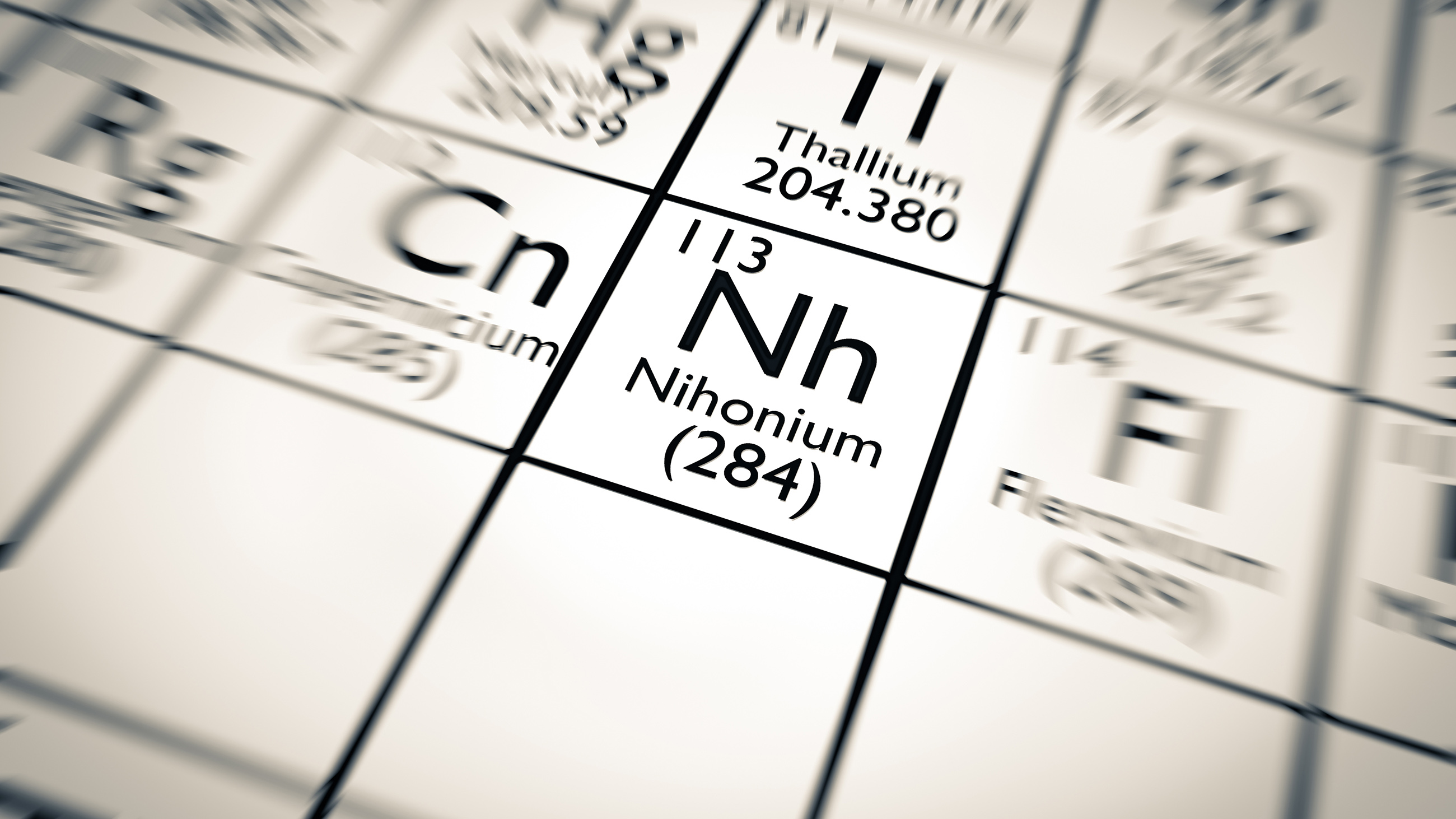Abstracts: Fentanyl, Dakota Access, Elements, and More
• Meet Nihonium (Nh), moscovium (Mc), tennessine (Ts), and oganesson (Og) — the four most recent additions to the periodic table. (Christian Science Monitor)

• Although president-elect Trump has said he’ll stop illegal drug trade from Mexico, the synthetic opioid fentanyl — now the leading cause of fatal overdoses in many areas — is increasingly being shipped to the U.S. from China. STAT takes a look at how a mail-order business got started in a city in Northwestern Texas. (STAT)
• Buzz Aldrin, the 86-year-old “rocket man,” was hospitalized last week, and received a visit from an old friend — NASA. (NBC)
• It’s not uncommon to find flying spiders in the middle of the ocean. In fact, those known as “ghost spiders” likely used their silk to ride the wind and reach the Pacific islands two million years ago. (National Geographic)
• After months of protests by the Standing Rock Sioux tribe and other activists, the U.S. Army Corps of Engineers on Sunday decided to deny a permit for the Dakota Access Pipeline to cross under Lake Oahe in North Dakota. Tribe chairman Dave Archambault has directed the protesters to leave, but many say they’ll stay until the pipeline is defeated. (The Guardian)
• Last year, a startup company from India won $1 million from Google to visit the moon. If all goes according to plan, the mission will launch in January 2018. (TIME)
• Despite Trump’s promise to cease funding climate programs, mayors from 90 of the world’s “megacities” are taking matters into their own hands. The sixth C40 Mayors Summit took place just last week. (Scientific American)
• The 18 tornadoes that recently struck the Southeastern U.S. are a sober reminder that the number of tornado outbreaks is increasing. The root of the cause remains unknown, although scientists have a few ideas. (NPR)
• It’s a bird, it’s a plane — no, it’s alien life! Scientists suggest that extra-terrestrial microbes could be surfing the thermal updrafts swirling throughout the atmospheres of decreased stars. (Science)










